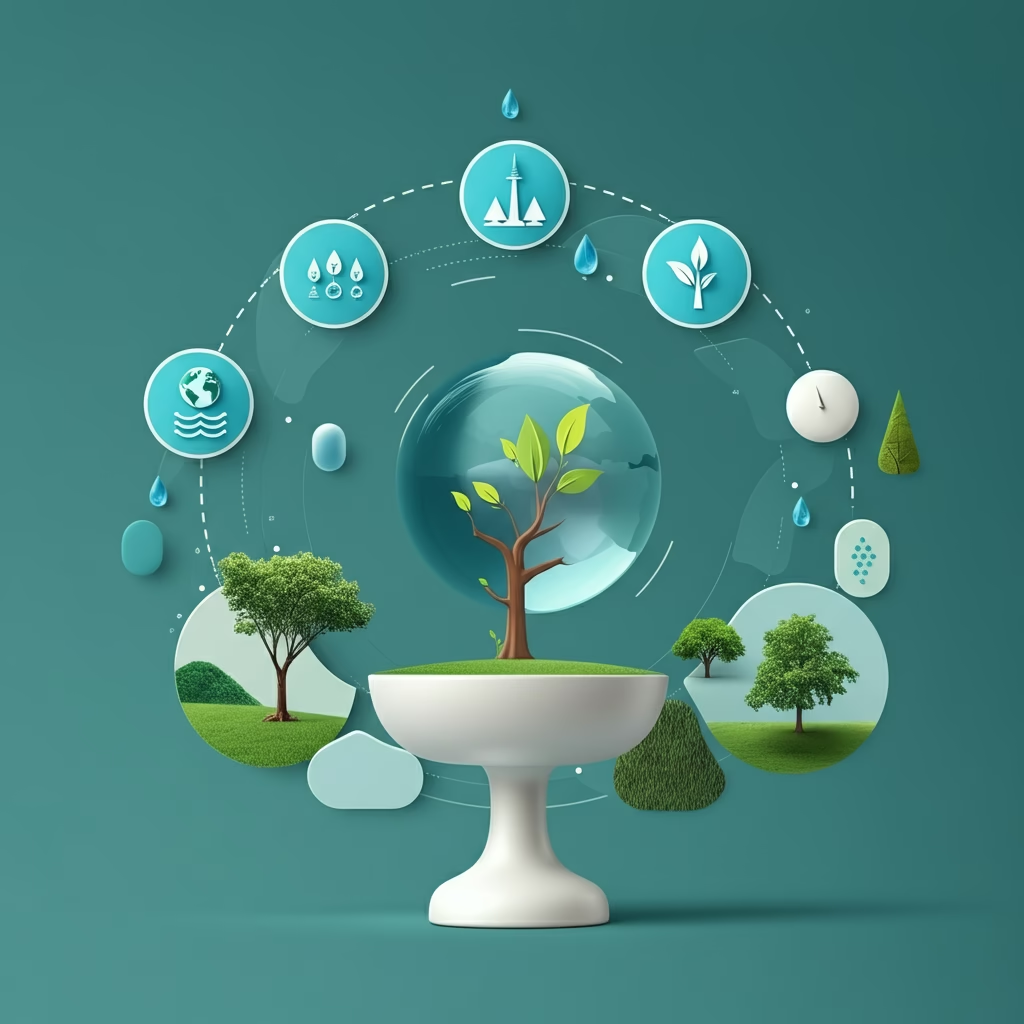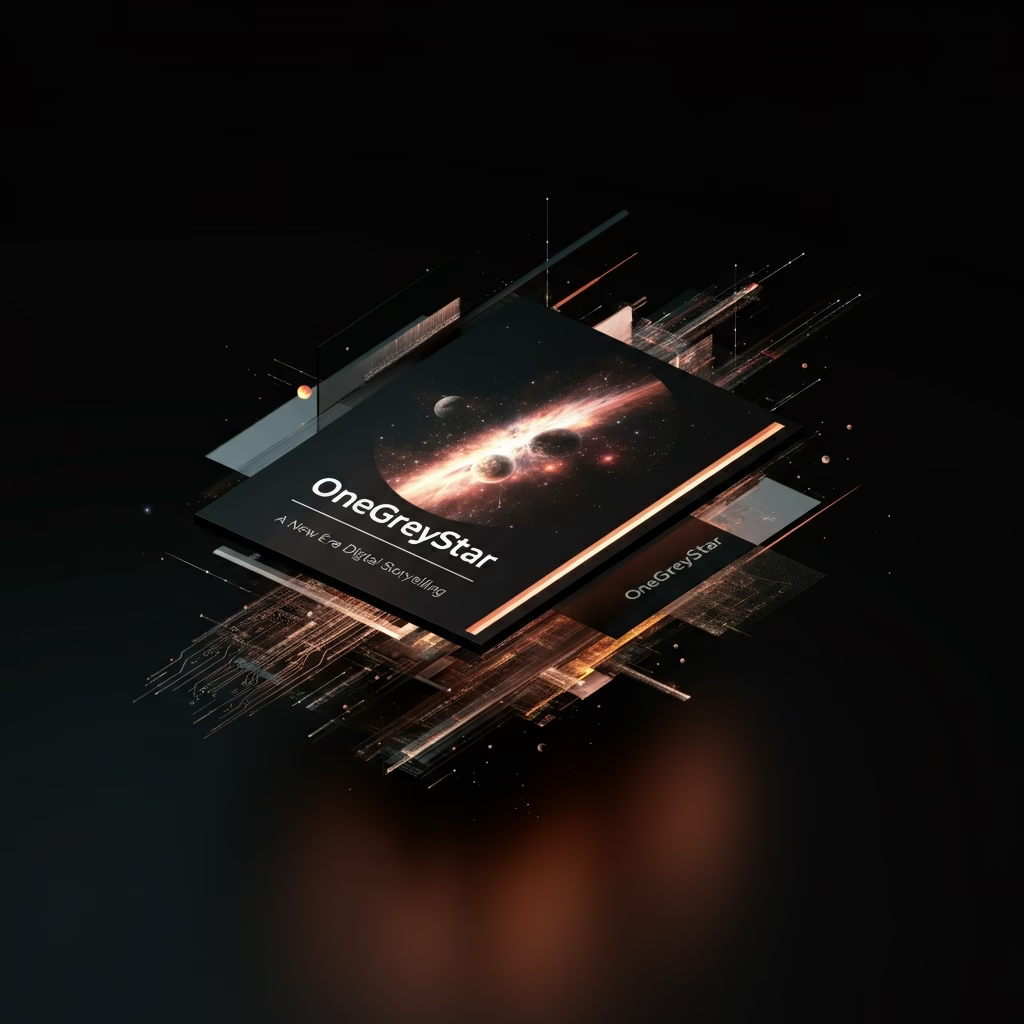In a time when the world faces unprecedented environmental challenges—from climate change and biodiversity loss to resource depletion and water scarcity—global collaboration and innovation are more crucial than ever. Recognizing this urgent need, the Aurö Workshop on Resource & Environmental Sustainability has emerged as a pioneering platform that bridges academia, industry, policy, and grassroots initiatives. This workshop is not just another conference; it’s a transformative experience, a movement, and a catalyst for actionable solutions.
This word in-depth article explores the mission, structure, key themes, participants, outcomes, and future potential of the Aurö Workshop. Whether you’re an environmental scientist, policymaker, sustainability entrepreneur, or student of ecological systems, the Aurö Workshop represents a model for how knowledge sharing and cooperation can drive tangible environmental progress.
The Origins of the Aurö Workshop
The Aurö Workshop was conceived in 2018 by a consortium of sustainability-focused researchers and climate advocates in Northern Europe. Named after Aurö Island, a pristine biosphere reserve known for its ecological diversity and renewable energy initiatives, the workshop was designed to offer more than presentations—it was to be an immersive, problem-solving retreat.
The founders envisioned an environment where interdisciplinary thinkers could not only share insights but collaborate on prototypes, frameworks, and policies in real time. Since its inception, the Aurö Workshop has been held annually, attracting global attention for its innovative formats and solution-focused mindset.
Core Mission and Objectives
At its heart, the Aurö Workshop aims to accelerate the transition toward a more sustainable and regenerative world. The workshop’s core objectives are:
-
Knowledge Integration
To bring together diverse disciplines—from climate science to anthropology, economics to indigenous wisdom—for a holistic understanding of environmental systems. -
Innovation Catalysis
To support the development of technologies, models, and practices that improve environmental resource management and resilience. -
Policy Influence
To create frameworks that inform policy at local, national, and international levels. -
Community Empowerment
To engage with local communities, NGOs, and indigenous groups in co-creating sustainable solutions tailored to specific ecological contexts. -
Actionable Outcomes
To produce measurable results—such as whitepapers, pilot programs, and startup incubations—rather than abstract academic dialogue.
Structure of the Workshop
The Aurö Workshop typically spans five days and is structured to balance learning, collaboration, and hands-on creation. Unlike conventional academic conferences, this workshop uses non-hierarchical, participatory formats such as:
1. Plenary Sessions
These are designed for keynote talks, but instead of just presenting, speakers are asked to provoke questions and open dialogue. Thought leaders from climate science, environmental justice, and innovation hubs set the tone each morning.
2. Thematic Clusters
Participants are divided into small groups based on interest areas. Each cluster focuses on a core environmental issue such as:
-
Circular Economy & Waste Management
-
Biodiversity Restoration
-
Clean Energy Transition
-
Water Resource Management
-
Sustainable Agriculture & Soil Regeneration
-
Environmental Policy & Governance
Each cluster is expected to co-create a deliverable: a whitepaper, prototype, startup pitch, or policy recommendation.
3. Field Immersion
Participants visit local ecosystems, farms, renewable energy sites, or traditional communities near the Aurö site. These eco-immersions help bridge theory and practice and ensure that discussions remain grounded.
4. Innovation Labs
These open spaces allow entrepreneurs, engineers, and creatives to prototype environmental solutions—whether it’s an app for water conservation, a biodegradable packaging concept, or a regenerative land-use model.
5. Evening Dialogues
Informal fireside-style conversations allow for storytelling, experience-sharing, and cross-cultural exchange. These sessions often lead to unexpected partnerships and new ideas.
Key Themes and Focus Areas
Over the years, the Aurö Workshop has tackled a wide range of topics, but certain themes remain central due to their systemic importance and potential for impact.
A. Resource Circularity
The workshop consistently explores how to move beyond linear extract-use-dispose models and embrace circular systems. This includes:
-
Industrial symbiosis models
-
Urban mining of e-waste
-
Reuse-based business models
-
Compostable materials and packaging
Participants have developed pilot programs in African cities, turning urban organic waste into bio-compost for regenerative farming.
B. Climate Resilience
Climate adaptation is a recurring focus, especially how vulnerable communities can build resilience through nature-based solutions. Projects include:
-
Mangrove reforestation for coastal defense
-
Climate-smart housing prototypes
-
Community-led drought early warning systems
Climate modeling experts work alongside local leaders to co-create low-tech, high-impact responses to climate stressors.
C. Clean Energy Justice
The Aurö Workshop doesn’t just promote renewables—it emphasizes energy equity, ensuring marginalized communities are part of the clean energy transition. Topics include:
-
Off-grid solar microgrids
-
Biogas for rural areas
-
Energy cooperatives
-
Decentralized energy storage
Startups that emerged from Aurö labs have been funded to implement solar-powered cold storage in rural Asia and solar cookstoves in Latin America.
D. Environmental Ethics and Indigenous Knowledge
Aurö is known for elevating indigenous voices, acknowledging that traditional ecological knowledge (TEK) holds vital insights for modern sustainability. Elders and community leaders co-lead sessions on:
-
Land stewardship
-
Forest conservation
-
Sacred water sites
-
Rituals of ecological reciprocity
These sessions not only decolonize the environmental discourse but often result in co-governance models between indigenous groups and conservation NGOs.
Global Participation and Influence
The workshop welcomes around 300 carefully selected participants each year. These include:
-
Climate scientists and researchers
-
Environmental activists and indigenous leaders
-
Sustainability-focused startups
-
Policy advisors and government delegates
-
Artists, philosophers, and storytellers
-
NGO and development agency representatives
The diversity is deliberate—it ensures that every solution is multidimensional and avoids echo chambers. Some notable organizations that have participated include:
-
UNEP (United Nations Environment Programme)
-
World Resources Institute
-
Patagonia
-
The Ellen MacArthur Foundation
-
Local tribes and forest guardians from Amazonia, Lapland, and Borneo
As a result of its influence, outcomes from the workshop have fed into UN SDG frameworks, IPCC adaptation reports, and climate finance guidelines.
Real-World Impact: Case Studies
Here are just a few examples of how Aurö Workshop outcomes have turned into reality:
1. Green Corridors in Urban Africa
A team of architects, urban ecologists, and Nairobi-based planners developed a concept for green corridors—restored ecological zones running through dense cities. The pilot in Nairobi has since received city funding and is now being expanded in Kampala and Accra.
2. Circular Fashion in Europe
A thematic cluster focused on textile waste led to the creation of a closed-loop fashion incubator in Sweden, where waste textiles are reprocessed into new garments. This initiative now partners with major EU retailers.
3. Solar Microgrid Toolkit
Engineers and community workers created a DIY solar microgrid toolkit for off-grid villages. The kit includes hardware specs, training videos, and business models. It has been translated into 12 languages and is used in parts of Nepal, Kenya, and the Philippines.
Unique Features That Set Aurö Apart
Unlike many environmental events that prioritize theoretical discussion, the Aurö Workshop is:
Action-Oriented
Every participant must commit to a project, however small, that contributes to environmental stewardship post-workshop. This ensures follow-through and accountability.
Emotionally Aware
The workshop recognizes eco-anxiety, climate grief, and emotional fatigue. It includes mental wellness support, healing circles, and storytelling sessions to help participants process and refocus their energy.
Non-Extractive
Local communities are not treated as research subjects but as equal co-creators. Honorariums, visibility, and long-term partnerships ensure reciprocity.
Decentralized
Although Aurö started in Europe, satellite workshops now take place in:
-
Indonesia (Aurö Java)
-
Brazil (Aurö Amazonia)
-
Canada (Aurö Borealis)
-
India (Aurö Himalaya)
Each is adapted to its ecological and cultural context, maintaining the spirit while customizing the approach.
The Future of Aurö Workshop
As global ecological crises grow more complex, the Aurö Workshop is scaling its ambitions. Planned developments include:
A. Aurö Digital Campus
An interactive online hub for alumni to collaborate year-round, share research, and launch joint ventures.
B. Green Fellowship Program
Annual fellowships for young leaders in the Global South to attend Aurö and receive mentorship and seed funding for sustainability initiatives.
C. Policy Bridging Forums
Special sessions where workshop outcomes are directly presented to legislators and UN representatives, facilitating real policy influence.
D. Aurö Residencies
Year-long immersive residencies for artists, scientists, and entrepreneurs to prototype cross-sectoral sustainability innovations at the Aurö Center in Finland.
Final Thoughts: Why Aurö Matters Now More Than Ever
The climate emergency is not only a technical or economic problem—it is a cultural and existential challenge. Solving it requires not only data and tools, but wisdom, collaboration, courage, and imagination. The Aurö Workshop embodies all these values.
In a world often divided by ideology, discipline, and privilege, Aurö offers a living laboratory of unity—a space where scientists walk alongside shamans, designers team up with farmers, and young people lead conversations with policymakers. It shows us that true sustainability isn’t a destination, but a dynamic practice of listening, co-creating, and adapting.
As we look to a fragile but hopeful future, the Aurö Workshop reminds us that even the smallest seed—planted in fertile, collaborative soil—can grow into a forest of change.


